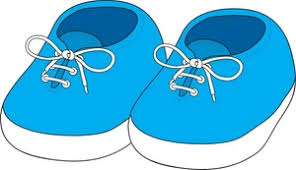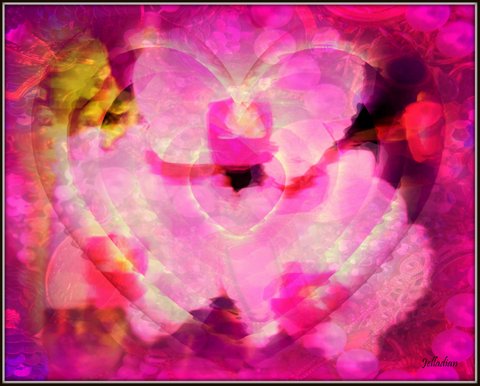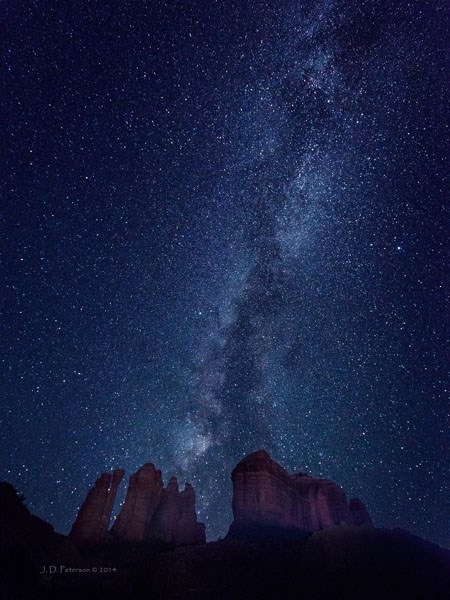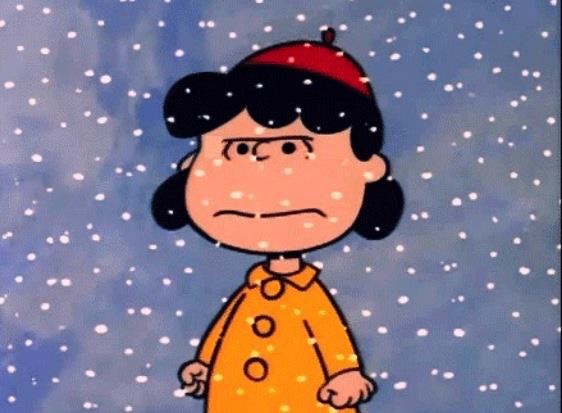
It is that time again; the winter solstice is around the corner. The word “solstice” is derived from the Latin for “sun standing still.” This solstice, a pagan precursor to Christmas and other seasonal holy days, denotes the return of the light and a decline in the darkness.
And for most of us, that return of the light in all of its figurative and literal glory is a very good thing. We human beings thrive on light; we find an imbalance of darkness overwhelming and depressing. We revel in the flicker of candles, the twinkling of lights and the lightness of our spirits as we deck our halls, trim our trees, plan surprises for the children and find thoughtful ways to gift a loved one. We beam; we sparkle. The light begets light; the light begets love.
Isn’t it all grand? Isn’t this the most wonderful time of year?
Actually, no. Not for everyone.
For some, the holidays are nothing more than bah humbug. They relish the role of Scrooge. They find the nonstop loop of Christmas carols anything but jolly; they are ready to strangle the next person who sings “We Wish You a Merry Christmas.”
They find themselves wanting to knife the blow-up, illuminated Santa bobbling away on their neighbor’s lawn and watch it deflate into a puddle of plastic. They grit their teeth and clench their fists with forced merriment at holiday gatherings oozing with eggnog and dream of lobbing bourbon balls at their host’s head.
The stretch of Christmas and New Year’s is an endurance test of their mental health. It’s too much family, too much togetherness and way too much dysfunction. They have shut down all tidings of comfort and joy in an effort to emotionally survive. As the countdown towards New Years continues, they have, more than likely, felt their grumpiness quotient ratchet up to new highs.
Then, there are those whose light has been dimmed by circumstance or fate. These holidays of tinsel and candy-caned merriment are anything but for them; these holidays serve as poignant reminders of what once was. There is an empty seat at the table; there is a loved one in a dangerous place.
There is the interminable wait for the test result, the lost job or the foreclosed home. There is palpable darkness; there is heartache and heart break, grief and sadness, worry and fear. The holidays are anything but bright.
So, what do you do if you find yourself standing in the dark and not wanting to be swept up in the holiday razzle-dazzle?
Let’s talk strategies to help you get through without self-destructing or curling up into a fetal position and waiting for it all to be over:
Be gentle with yourself.
It should go without saying, but it is always necessary to say. For it seems that when we hunker down into survival mode, we often start beating up on ourselves for not being enough–good enough, lovable enough, beautiful enough, smart enough, rich enough, thin enough, fill-in the-blank enough.
The suggestion here is that you take the love, warmth and connection of the season and apply it yourself. That’s right: start loving yourself, feel a little warmth as you connect with you. When it gets right down to it, isn’t it a basic requirement that we accept ourselves? And in that acceptance, wouldn’t it stand to reason that we would want to be compassionate and understanding towards ourselves?
And being compassionate means knowing how to protect yourself. No dangerous or toxic situations for you. No hostile confrontations. Treat yourself like the precious being of light that you are. Life is tough enough; you don’t have to become your own enemy. You can, instead, choose to become your advocate, your friend and your own rock-solid connection.
Give yourself the gentleness and consideration you would give to a dear friend. In other words, give yourself a break from the rigidity; allow yourself some latitude to do what is right for you. Serve your soul; listen to your heart and, above all, don’t forget the gift that you are. There is no one, I repeat no one, on the planet that is just like you. There is no one with your genetic coding, particular repertoire of skills, accumulated wisdom and backpack of experiences.
If you accept the metaphysical, you are here for a reason. Your presence matters in the great jigsaw puzzle of life. You raised your soul hand and said, “Yes” to this moment and time. Allow your gentleness and concomitant protectiveness and self-advocacy to nurture that yes until you are ready to step out of the corner and into a beam of sparkly light. And, please, take as much time as you need.
Hope. Peace. Cookies.
With a bow to Kate Spade, who wrote that great combination of words on one of her lines of Christmas cards one season. These three words made me smile when I saw them — and they made me think.
We all need hope — it is, indeed, the very flicker of light that allows up to put one foot in front of the other. A little bit of hope can go a very long way. If possible, allow yourself a smidgen of the good stuff. It is high octane and can really help get you headed in a better direction.
As for peace, that’s another given. We need peace on every level, the personal to the global. What better way to survive the season than to cease being at war with yourself or others? This makes me think of the old song lyrics, “All I am saying is give peace a chance.” How about it? Are you willing?
And as for cookies, well, they are a personal favorite, but more than that, they can symbolize the sweetness of life, the specialness of the season and, perhaps, an opportunity for sharing with another during these days. Sometimes, a simple cup of tea and a few cookies provide a bit of tenderness that is just enough to make the holiday palatable.
Wherever you are in your heart these days, dear reader, please know that I am offering you a virtual cookie as a kind of communion.
And the angels always remind me of this: You are loved, you are guided and you are protected. It’s a comforting thought, especially when it seems so very dark.
Take precious care, and may you be blessed with grace in a season that is all too tender this year.
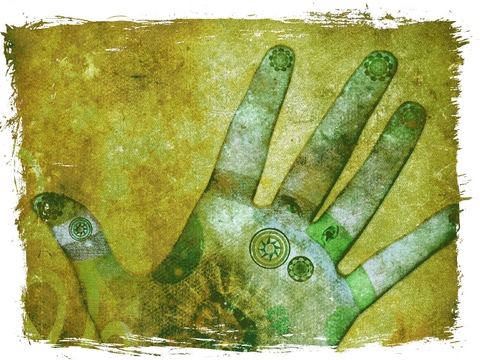 Elizabeth, a mental health worker, arrives in Nepal immediately after the earthquake. There was total chaos. The ground was literally not stable as it shifted with tumbling rubble and aftershocks.
Elizabeth, a mental health worker, arrives in Nepal immediately after the earthquake. There was total chaos. The ground was literally not stable as it shifted with tumbling rubble and aftershocks.
